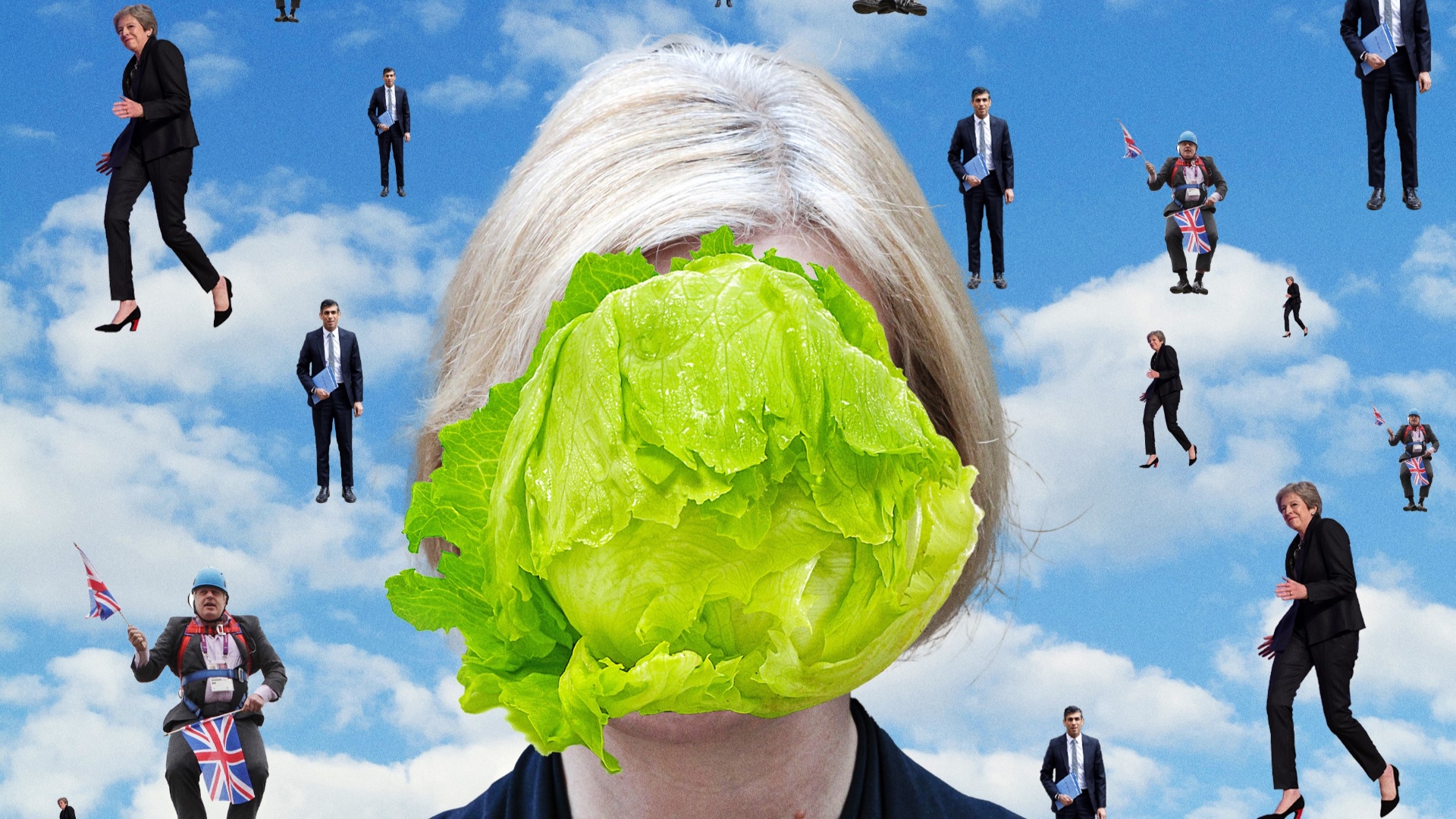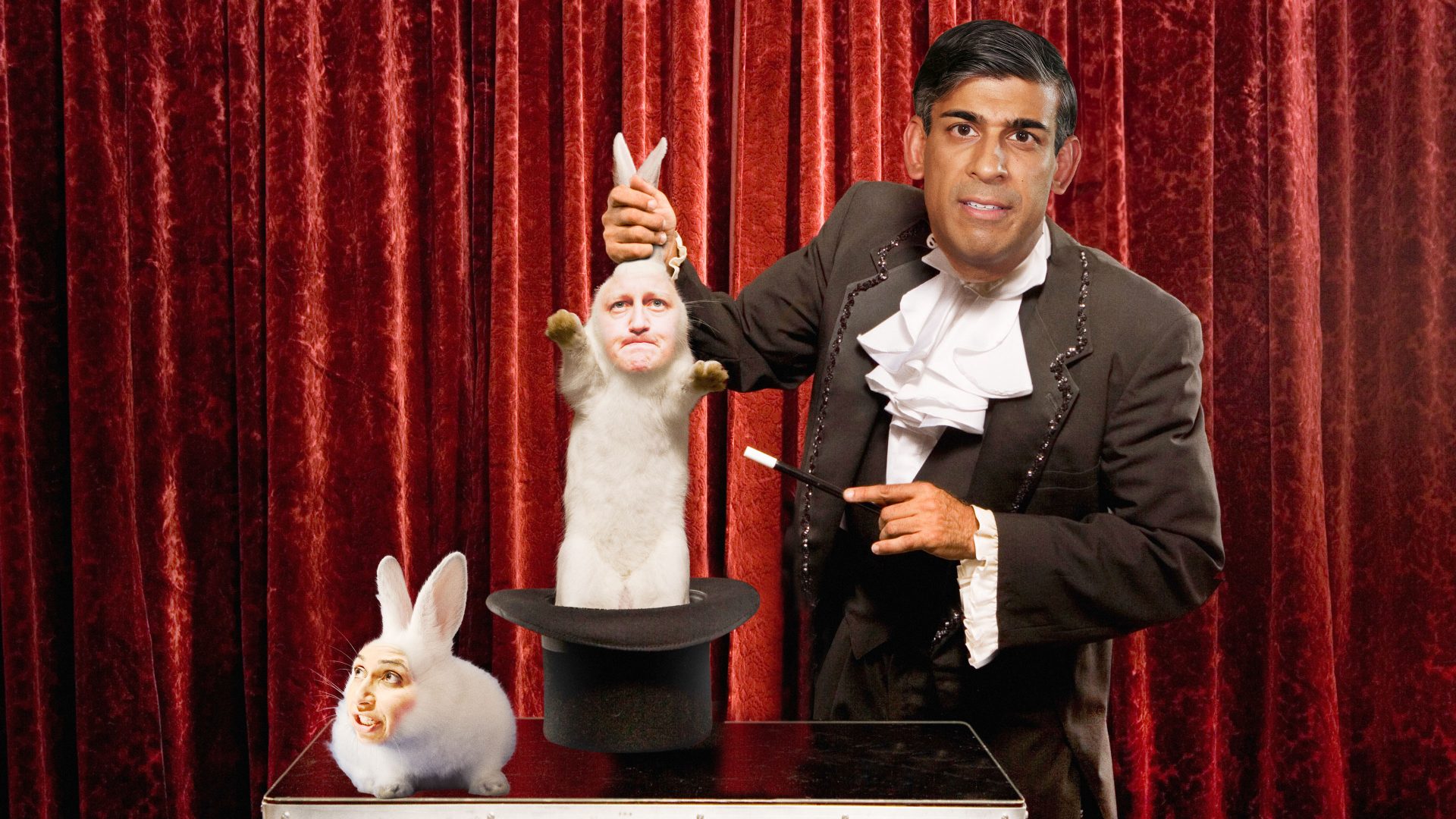Ken Clarke isn’t as light on his feet as he once was, and nowadays he needs a bit of assistance to get down the long passageways of the House of Lords.
“Let’s sit here,” he says, tossing aside a sign that says “Do not sit here”, before settling in on a red leather bench. Satisfied that none of the many “Men in Tights” who patrol Parliament’s wood-panelled corridors are anywhere to be seen, I sit next to him. There is a reassuring aroma of cigar smoke in the air.
Clarke is 83, and having been unceremoniously thrown out of the House of Commons by Boris Johnson for disagreements over Brexit, Lord Clarke of Nottingham now sits in the Lords. His career in high-level Conservative politics goes all the way back to the first Thatcher government of 1979, in which he served as a junior minister for transport. He remained a minister for the entire duration of both the Thatcher and Major governments, without a break, returning in 2010 for a second ministerial innings under David Cameron.
“Suella Braverman had to go,” he says in that familiar, fluent voice, leaning back against the wall, arms folded, legs crossed. He is evidently no fan of the former home secretary, or of her attempts to drag the Conservative Party towards the hard right. He also doesn’t think much of the newspaper column in which Braverman attacked the police, and which led to her sacking. “The Times article was a defiant throwing down of a glove, challenging [the PM] to have the courage to sack her.”
The logic behind Braverman’s campaign of troublemaking seemed to be that her sacking would so enrage the right of the party that it would bring down Rishi Sunak. It doesn’t seem to have worked out that way.
“She hasn’t got the large number of supporters in the House of Commons that certainly the Daily Mail or Daily Express seem to think she’s got,” Clarke says. Clarke has been in the Conservative Party since the days of Harold Macmillan, and in that time the hard right “has always been there,” he says. “But it was fringe. In the 1970s, in the 1980s, it wasn’t quite like this.”
That move of extreme right wing political views from the margins of British politics into the mainstream has been driven by the question of Europe, and brought to a head by the disastrous Brexit vote, which Clarke refers to as “a silly three-week opinion poll”.
“I think politics generally, particularly in the Conservative Party, since the referendum result, for the last five or six years, has been surreal,” he says. “It’s been the worst political period that I can recall in my lifetime and has been a particularly bitter and difficult one inside the Conservative Party.
“It’s produced two fairly disastrous governments, under first Boris Johnson and then Liz Truss, neither of whom I think in normal times would ever conceivably have become prime minister.”
Brexit has exerted huge strain not only on the country, but also on the ideological structure of the Conservative Party itself. “The worst thing that troubles me from outside the House of Commons is the party now seems to keep dividing itself into factions,” he says. “Everybody belongs to dining clubs or WhatsApp groups, all campaigning.”
As for the European Research Group, the hard-line Europhobe group of Conservative MPs which campaigned for a hard Brexit, he says this amounted to “a party within a party”. Sunak has to get control of these factions, says Clarke, if he’s to have any chance of “getting the country out of the mess it’s in”.
That’s especially important now, he says, as we are currently facing “a British economy in a dreadful crisis, and crisis in the National Health Service and quite a bit besides.” The fundamental challenge is that the UK economy “has never recovered from the 2007-2008 financial crisis,” he says, and “remains defiantly stagnant”.
He’s a fan of the current prime minister. “I’m impressed by Rishi personally. He’s a nice man, but even more importantly, he’s an intelligent and serious man who does take the national interest seriously.”
Clarke is also pleased to see new figures suggesting that inflation is beginning to ease, but his remark that “we’re finally seeing the effects of the Bank of England’s belated interest rate rises,” suggests he doesn’t necessarily see it as anything to do with government policy.
“They’re making very slow progress in actually advancing on any of those dangerous fronts,” says Clarke, who complains that “politics continues to be a bit silly, and is constantly accompanied by scandals, and crises and tabloid newspaper knockabout stuff, which was a problem we had throughout John Major’s government.”
In Clarke’s view, it seems that the country – and the Conservative Party – have reached a point of crisis, but the upsurge in ideological thinking and the fracturing this has caused in the Tory Party has left the government incapable of confronting any of the fundamental economic and social problems that Britain faces.
That seems all the more absurd when Clarke points out that the Conservative Party of the 1960s and 70s was staunchly pro-European. He recalls his first-ever Conservative conference, “when Harold Macmillan was defending his decision to apply to join the European community.”
In his view, this settled, centre right pro-European view first came under attack in 1986, when the Canadian businessman Conrad Black bought the Daily Telegraph.
“Things got worse,” says Clarke. “Black bought the newspaper for the purpose of turning the Telegraph into a raging anti-European newspaper.”
“Up to that time, it had always been the most loyal follower of the party line in Fleet Street. And that sort of made things worse. Then the Mail and Express in due course got a bit dodgy as well, and that had an effect on our party. But it didn’t really get bitter until the fall of Margaret Thatcher.”
Clarke was Thatcher’s health minister at the time, and by 1990 she had been in power for 11 years. “She was induced to resign when she didn’t want to, by her cabinet.” Why? “Because she was beginning to lose it,” he says. It was Thatcher’s after-the-fact explanation for what had really happened that proved so damaging.
“Her worst friends persuaded her it had all been some kind of European plot,” says Clarke. “And so from then on that right wing element of the party became more bitterly anti-European and made things much more difficult for the Major government.”
Many of the problems within the Conservative Party today, he says, stem from the political debates that were unleashed at that time, but also from a misremembering of political history, particularly when it comes to Thatcher, a figure who still dominates the political imagination of the Tory right.
“People on the right seem to imagine she was in favour of tax cutting and dashes for growth and all this childlike nonsense, and that she somehow would have approved of the more bigoted, extreme views that are unfortunately held by a comparative handful of Conservative MPs, and that are being voiced now in a way that they wouldn’t have been in the past.”
The result of this half-remembered Thatcherism is a slew of extreme and damaging ideas, ranging from Liz Truss’s catastrophic “mini-budget”, with its unfunded tax cuts, to the Conservative Party’s slide into degraded culture war argument.
Braverman was especially fond of culture war posturing. In her startlingly aggressive resignation letter, she reminded the prime minister of his commitment to: “Issue unequivocal statutory guidance to schools that protects biological sex, safeguards single-sex spaces, and empowers parents to know what is being taught to their children”.
She claimed in her letter that Sunak had broken a personal promise to her that he would introduce this guidance.
Braverman was also responsible for the plan to send migrants to Rwanda, which has now been ruled unlawful by the courts. What does Clarke make of all this culture war adventuring? “I find it tedious nonsense,” he says.
And how about the suggestion of Lee Anderson, the deputy chair of the Tory Party, that migrants landing in Britain should “eff off back to France”? I ask. “Me and Lee are not quite on the same wing of the party,” he replies, diplomatically.
At this point, one of the House of Lords’ famous men in tights appears from the gloom, and asks very politely if we are going to sit there to watch the Lord Speaker’s procession come past, along with several dignitaries who will be carrying the ceremonial mace. It is clear from the polite tone that, in a very gentle way, we are being instructed to clear off.
As Ken Clarke begins to make his way slowly down the corridor, I ask what he thinks will happen once the Conservative Party has lost the next election.
“Well it will have to come to terms with being in opposition, which is always difficult for parties,” he says. “Then it’s got to spend the first two years sorting itself out and producing a new, reliable team that’s going to get down to actually settling things. Then it can start sorting itself out into that liberal, free market, social justice party, and making themselves the party they used to be.”
And will the Tories ever get past the question of Europe?
“Who knows,” he says. “I don’t think I’ll ever live to see the day. But the British might stop being quite so neurotic about it sooner or later.”
We stand together in the Peers’ Lobby, and watch as Lord McFall, the Lord Speaker, along with his retinue, processes past and enters the chamber of the House of Lords. A few moments later, Ken Clarke follows after them.




